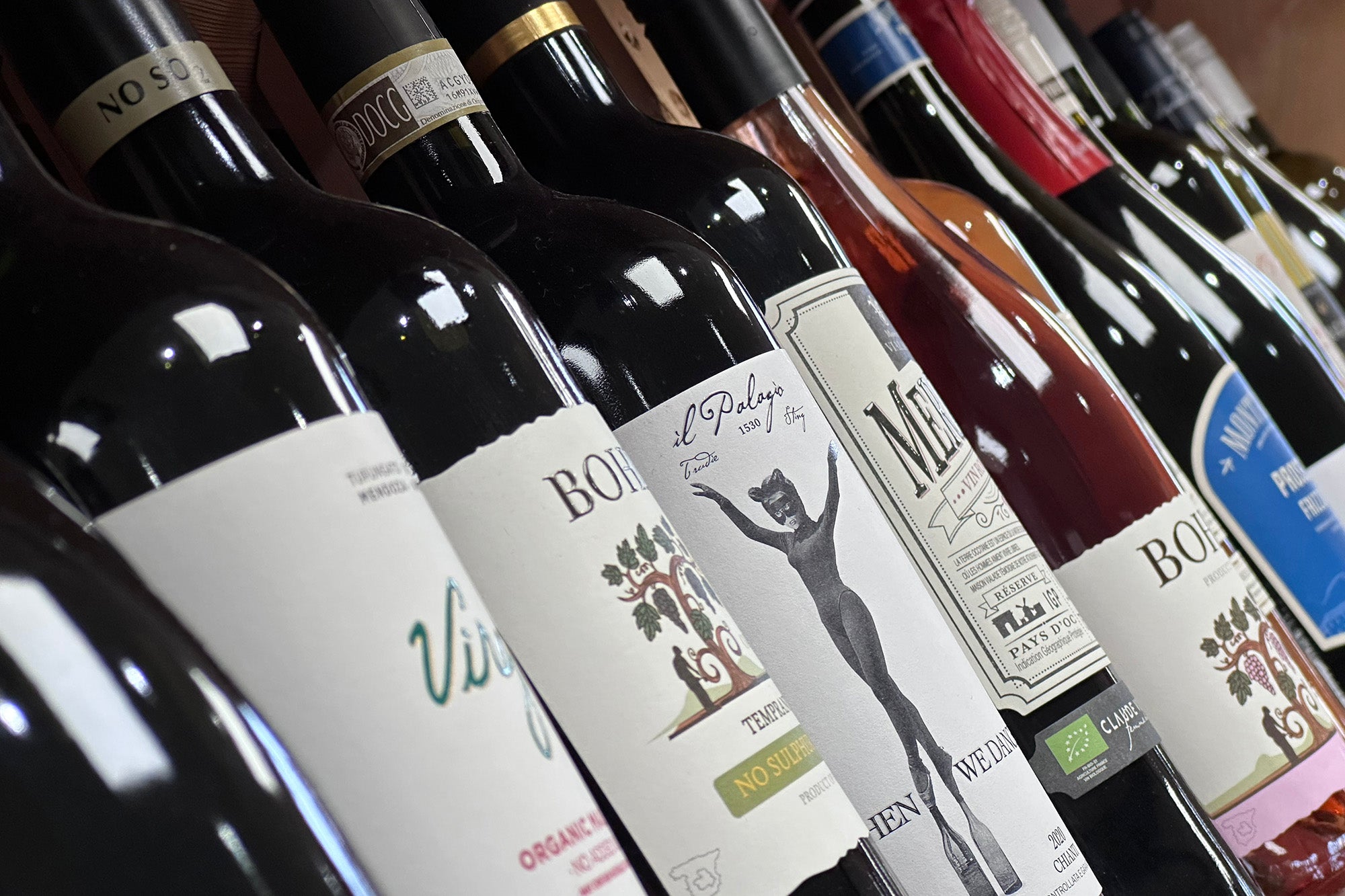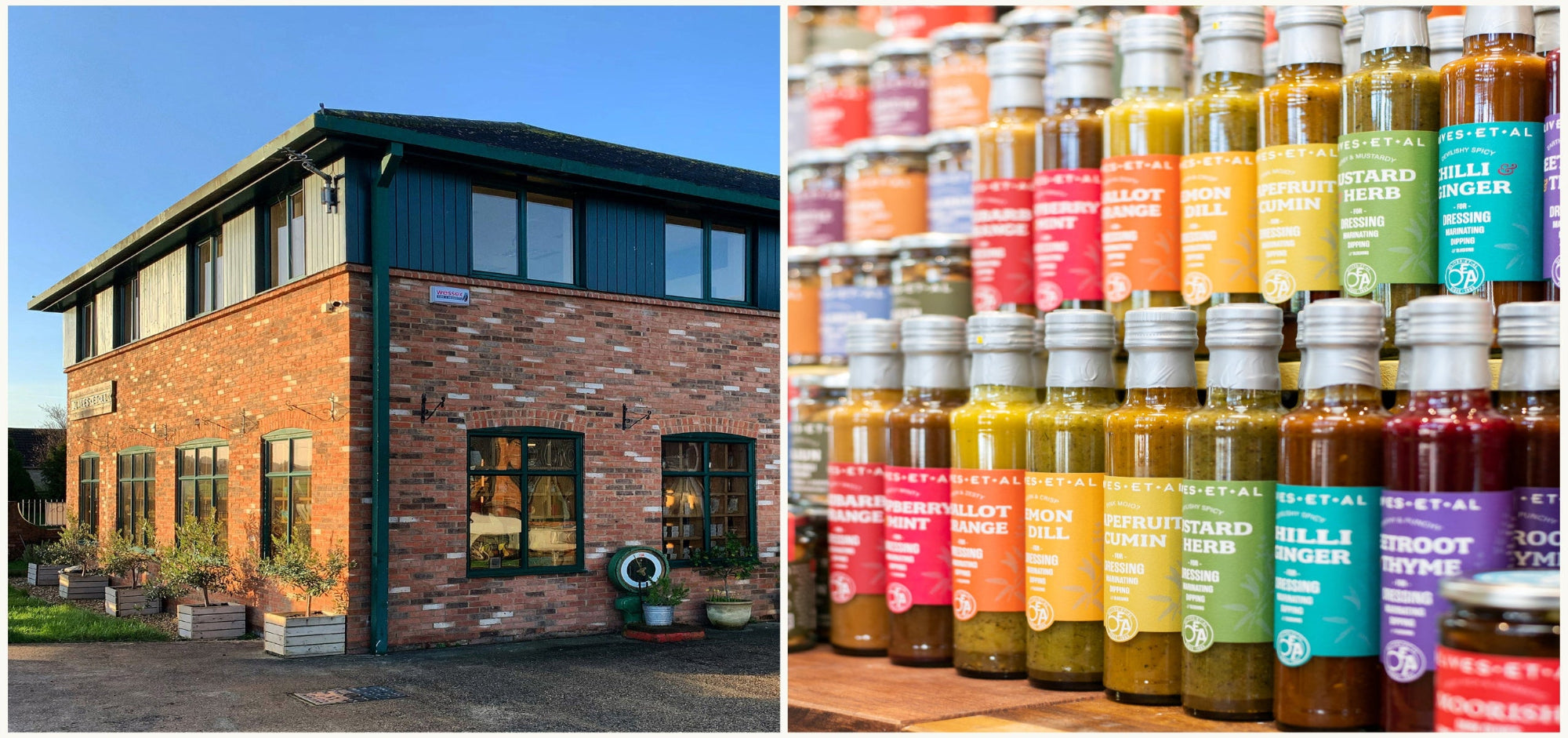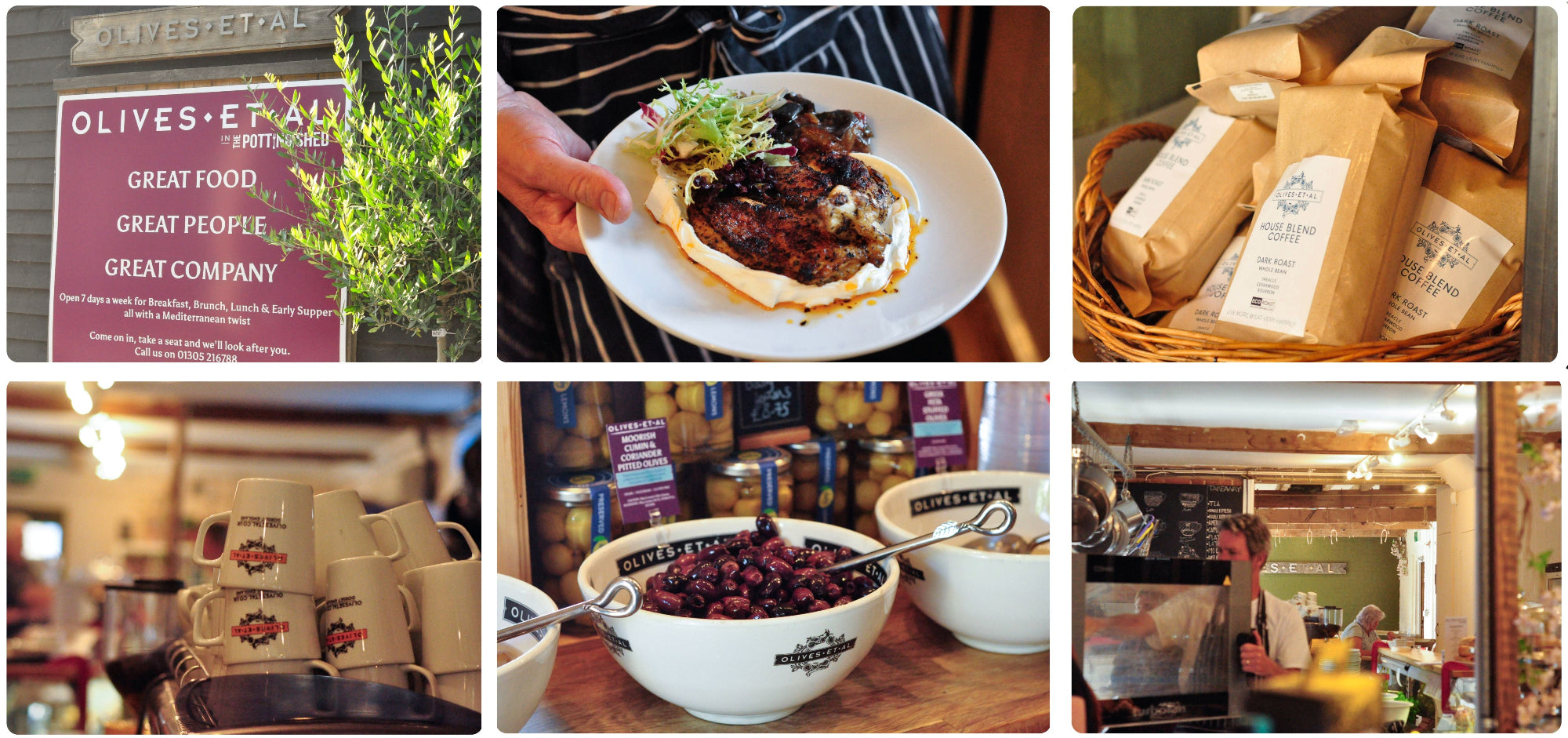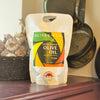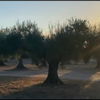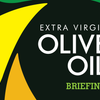Olive Oil & Sustainability
Introduction
As an organisation made up of a bunch of people who, in general, really do care about the planet we are lucky enough to be alive on, we aim to take a considered, reasoned approach to the decisions we make about almost everything we do. Larger organisations might call this Corporate Social Responsibility or CSR – we prefer to think of CSR as standing for Common Sense Rules and, since we really do want to be one of the very smartest businesses on the planet we aim to apply, and live, to some Common Sense Rules… Here they are:
- To source with integrity
- To have respect for an environment
- To look after the health and welfare of our audience
- To make a positive difference to our community
So, when it came to rethinking our Olive Oil packaging, we really wanted to think about Plastic Pouches, Glass Bottles, and Metal Tins and go through a thorough process of considering which is actually the most sustainable. Here’s our thought process:
When it comes to choosing olive oil, many consumers focus on taste, origin, and quality. But what about the environmental impact of the packaging? As sustainability becomes a priority, understanding the carbon footprint of different packaging options - plastic pouches, glass bottles, and metal tins - is crucial. In looking at the environmental considerations of these choices it’s useful to draw on insights from both the olive oil and wine industries.
The following is what we discovered.
The Carbon Footprint of Olive Oil Packaging
A study published in Sustainability 1 in 2015 conducted a life cycle assessment comparing glass and plastic packaging for extra virgin olive oil. The findings revealed that glass bottles have a significantly higher environmental impact than plastic bottles. Specifically, the carbon footprint of producing a glass bottle was found to be more than double that of a plastic bottle, largely due to the energy-intensive process of melting raw materials like silica, soda ash, and limestone.
Plastic packaging, by contrast, is lighter, more flexible, and requires less energy to produce. Beyond the materials themselves, plastic pouches have other significant benefits:
- Built-in taps allow air-free pouring, keeping olive oil fresher for longer and reducing waste from oxidised oil.
- Flexible, collapsible pouches take up less space in transportation and storage, meaning more oil can be shipped per truckload, reducing transport emissions.
- Lightweight and stackable: More product per pallet reduces shipping frequency and fuel usage.
- Convenience at home: the tap makes controlled pouring easy, whether topping up a cruet or adding oil directly to a pan.
Insights from the Wine Industry
The wine industry has faced similar challenges regarding packaging sustainability. According to research from Imperial College London, transport and packaging account for the largest carbon footprint in wine production, with glass bottles contributing around 39% of a bottle’s emissions. The study also notes that lighter packaging like pouches and cartons reduces both transport emissions and overall environmental impact compared with heavy glass bottles. Source: Mehrabi, 2013 2.
Similarly, a 2019 study in the Journal of Cleaner Production 3 found that producing a new polyethylene terephthalate (PET) wine bottle generates less than half the carbon emissions of a glass bottle, highlighting how flexible, lightweight packaging can make a significant difference.
Metal Tins: A Traditional Choice with Environmental Considerations
Metal tins have long been popular for olive oil packaging, offering protection from light and air, which preserves oil quality. However, the production of metal tins is energy-intensive, and while recyclable, actual recycling rates vary. The heavier weight also increases transportation emissions compared to lighter packaging options like plastic pouches.
Comparing the Carbon Footprints
|
Packaging Type |
Carbon Footprint |
Notes |
|
Glass Bottle |
High |
Energy-intensive production and recycling; heavier weight increases transportation emissions |
|
Plastic Pouch |
Low to Moderate |
Lightweight and collapsible; built-in tap keeps oil fresher; rPET options further reduce carbon footprint, harder to recycle |
|
Metal Tin |
Moderate |
Provides excellent protection; energy-intensive production; heavier weight increases transport emissions |

Making Sustainable Choices
While glass bottles may win on aesthetics, plastic pouches with taps offer multiple environmental advantages: lighter weight, reduced transport emissions, better protection from air, and less packaging waste. They also deliver superior convenience for consumers, reducing spills, allowing precise pouring, and keeping oil fresh for longer.
Metal tins remain a viable option, particularly for preserving oil quality, but when considering sustainability, transportation, and everyday practicality, plastic pouches are a clear winner.
Navigating the UK's New EPR Packaging Requirements
Starting in 2025, the government in the UK has introduced the Extended Producer Responsibility (EPR) Regulations for packaging. These regulations require us to report our packaging data and pay fees based on the amount and type of packaging we use. The goal is to, supposedly, incentivise the use of more sustainable packaging and ensure that we take responsibility for the end-of-life management of our packaging.
Fees are based on the weight of packaging used, with different rates for different materials. In 2025, the fee for plastic packaging is £423 per tonne, glass is £192 per tonne. One 500ml glass bottle for our olive oil weighs roughly 300g. One pouch for 3 litres of olive oil weighs around 50g. In an average year we might have used 20 or 30 tonnes of glass costing us somewhere between £8,000 and £12,000 but only 1 tonne of plastic.
Rightly or wrongly, these new EPR Regulations are forcing all businesses to think differently about the use of plastics when selecting packaging – especially when combined with all the other increase in costs all businesses are contending with.
Conclusion
Irrespective of any commercial considerations arising from the new ERP regulations, the packaging choice for olive oil has a direct impact on its carbon footprint and freshness. Glass bottles require high energy to produce and transport, while metal tins are heavy and energy-intensive. Plastic pouches - particularly those made from recycled materials and equipped with taps such as ours - offer a smarter, lighter, and more sustainable alternative. They reduce transport emissions, keep olive oil fresher for longer, and make daily use easier and more convenient with less mess and wastage.
As the olive oil industry continues to innovate, plastic pouches with taps represent a forward-thinking, environmentally responsible way to enjoy high-quality olive oil without compromise. So, all in all, taking a close, considered and reasoned look at plastic pouches for our oil led us to the firm conclusion that, for larger volumes of extra virgin olive oil, plastic pouches really are the smarter, more sustainable option.
References
- Mehrabi, N. (2013). Is your wine sustainable? Imperial College London. Retrieved from https://www.imperial.ac.uk/humanities/webdesign/2013/nataschamehrabi/html/wine.html
- Sustainability (2015). Life cycle assessment of olive oil packaging. Sustainability is a peer reviewed journal published by the Multidisciplinary Digital Publishing Institute - a publisher of peer-reviewed, open access journals since its establishment in 1996. https://www.mdpi.com/
- Journal of Cleaner Production (2019). Comparative carbon footprint of glass and PET wine bottles.
